Dengue fever is a common disorder caused by the Dengue virus, which is caused by mosquitoes, mainly the Aedes aegypti variant. It is usually spreading. It surfaces typically in warm places worldwide, especially where the climate is tropical or subtropical. Dengue Fever customarily starts speedily with a strong fever, problematic headaches, and sharp muscle and joint sensations. People can also get a rash, and sometimes, they bleed.
Elevated body heat comes from contamination from one among four varied sorts of the Dengue virus, or serotypes. When someone gets sick with a variant of Dengue, they can be ill again with a different form in the future–and this time, the sickness may be more stubborn.
Symptoms vary considerably, ranging from forgiving symptoms that resemble the flu to more intense features like dengue hemorrhagic fever or dengue shock syndrome, which can be vicious and threaten life.
While efforts to manage Dengue Fever are ongoing, but it still presents a considerable enemy for worldwide public health. Hence, more studies and actions are needed to comprehend this malady better and compete with its complex consequences.
Dengue Fever ordinarily emerges in hot zones across the globe, especially where you find tropical or subtropical weather. Every year, it touches the lives of millions of organisms, and more seem to catch it as time goes on. The Dengue virus is customarily spread by the bites of mosquitoes that carry it, especially the Aedes aegypti type. More people living in cities, traveling, and changes in climate patterns have recently increased Dengue Fever cases.
Dengue fever leads to considerable hassles because there are often outbreaks in places where the disease is stubborn. These happenings put a lot of pressure on healthcare systems, making it challenging for people trying to keep the sickness in check. Subsequently, Dengue Fever leads to significant economic tension for the affected populations because of medical expenses, reduced work output, and related costs.

As mentioned Dengue Fever is a troubling health threat, and its seriousness can vary. Usually, it brings about signs similar to the flu, but sometimes, it can be worse and gruesome for some citizens. When Dengue Fever becomes that vicious, it can turn into things like Dengue Hemorrhagic Fever and Dengue Shock Syndrome. These problems make you bleed a lot, compromise your organs, and lessen your blood pressure fast.
People who have had Dengue Fever before may get sicker if they catch a different variant of the virus again. It happens because of antibody-dependent enhancement, which makes the body react more aggressively when it gets infected again and can lead to more problematic symptoms. People living in places with a lot of Dengue Fever have an elevated threat of getting the worst types of this malady.
Unearthing the fact that someone has Dengue Fever early and starting treatment soon is critical for mastering the sickness and lightening the danger of worst problems. But in some places, it's hefty to get medical services, which causes slow realization of the disease and starting treatment late. Lacking specific medicines or vaccines for Dengue Fever complicates the management of this indisposition.

As you have already learned, Dengue Fever comes from the Dengue virus, which is part of the Flaviviridae group. It primarily spreads when a person gets bitten by mosquitoes with infection, mostly Aedes aegypti variant. If such a mosquito bites someone, it passes the virus into their blood, and then it starts to grow in number inside the cells of that organism's structures, causing them to get queasy. When mosquitoes drink blood from a person with Dengue in the advanced stage of the malady, they get the virus, too.
Dengue virus has four types: DEN-1, DEN-2, DEN-3, and DEN-4![]() . These variations can all cause Dengue Fever. A person who gets sick with one type becomes immune to that type but can still catch the other three virus sorts. Getting infected with other kinds of Dengue virus after the first one can deteriorate the indisposition and lead to troublesome conditions like Dengue Hemorrhagic Fever or Dengue Shock Syndrome because of antibody-dependent enhancement.
. These variations can all cause Dengue Fever. A person who gets sick with one type becomes immune to that type but can still catch the other three virus sorts. Getting infected with other kinds of Dengue virus after the first one can deteriorate the indisposition and lead to troublesome conditions like Dengue Hemorrhagic Fever or Dengue Shock Syndrome because of antibody-dependent enhancement.
Aedes mosquitoes, primarily the Aedes aegypti type, are mainly responsible for spreading the Dengue virus. They thrive in cities and suburban sectors where sanitation is poorer and water storage needs to be managed more strictly. These insects lay their eggs in still water in pots, old tires, and containers. Because of this, they are famous in locations where garbage is handled and water is stored.
What's more, factors like cities getting more developed, more people being born, and alternations in the weather can help Dengue Fever because these make perfect conditions for mosquitos to have babies, and it's easier for sick people to travel around.
Entities struggling with Dengue Fever exhibit varying degrees of malady; some experience slight discomfort, while others endure significant health complications. An individual will speedily develop a high fever lasting between two and seven days. They also experience strong headaches and intense pain in their muscles and joints. Pain can be felt behind the eyes, known as retro-orbital pain. This sensation tends to intensify when they shift their gaze.
Dengue Fever ordinarily comes with an out-of-ordinary skin rash that usually starts from the second to fifth day after the fever onset. The rash typically begins at the organism's center and then spreads outwards to include arms and legs. The skin rash may cause itching and appears differently on various individuals – with some observing small bumps or spots.
Those suffering from Dengue Fever may also experience nausea, vomiting, and abdominal hurt. They may encounter minor bleeding, such as nosebleeds or bleeding gums.
At times, Dengue Fever may becomes more problematic and develops into issues such as Dengue Hemorrhagic Fever or Dengue Shock Syndrome. These advanced conditions include plenteous bleeding, bodily fluids escaping from blood vessels, and the malfunctioning of organs within the body.
If you do not seek medical assistance swiftly, they may pose threats. Continuous vomiting, severe abdominal pain, difficulties in breathing or a rapid heart rate, and cold and damp skin may signify advanced signs of Dengue Fever.
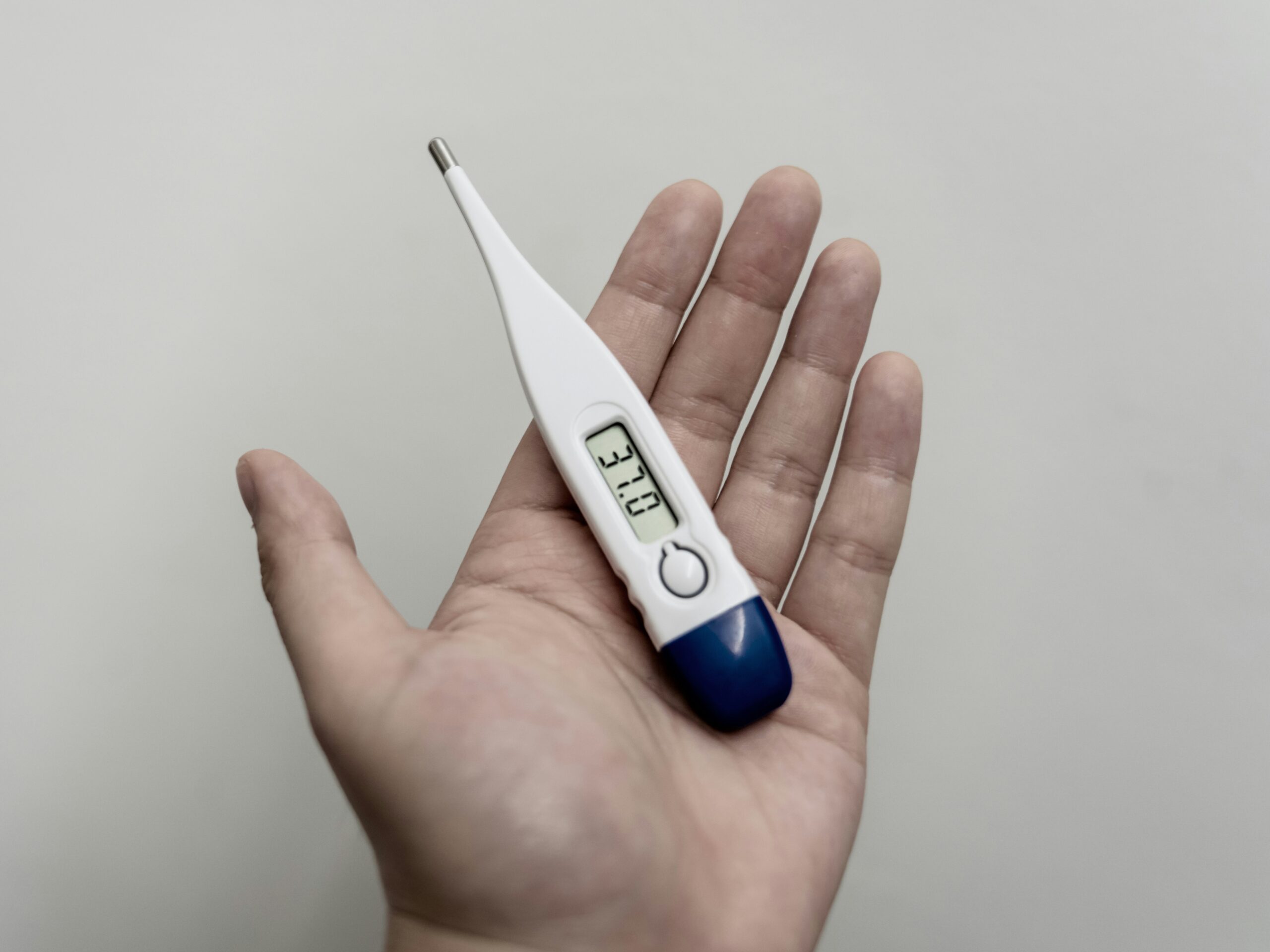
Dengue Fever can lead to assorted indispositions, majorly when the infection is already well-developed.
One of the most severe complications is tagged as Dengue Hemorrhagic Fever (DHF). This condition is associated with severe bleeding, fluid leaking from blood vessels, and internal organs not functioning duly. DHF can cause a rapid decrease in blood pressure that might lead to shock. This condition is known as Dengue Shock Syndrome![]() , or DSS for short. It's a gruesome situation and requires quick medical service to stabilize the person affected.
, or DSS for short. It's a gruesome situation and requires quick medical service to stabilize the person affected.
Dengue Fever may lead to a severe drop in platelets necessary for blood clotting, so with too few platelets. There could be more pronounced bleeding and visible bruises from injuries. What's more, Dengue Fever can damage the liver, pointing to higher levels of liver enzymes and jaundice that turns the skin and eyes yellow.
In severe situations of Dengue Fever, the brain can be affected by encephalitis and meningitis, where the brain or its surrounding tissues and spinal cord become inflamed. It can point to headaches, confuse individuals, trigger convulsions, or result in a plenteous slumber that is daunting to break from. While not customarily observed in Dengue Fever, these intense brain-like factors require compulsory medical observation.
In pregnant women, Dengue Fever can lead to issues like premature birth, low birth weight infants, and miscarriage. If the mother has Dengue Fever, there is an increased risk that her baby may suffer from potent health conditions as they might contract the virus during pregnancy or childbirth. Therefore, pregnant women with Dengue Fever must be closely watched and receive medical care to prevent issues for both the mother and child.
To unearth whether the patient has Dengue Fever, doctors examine the patient's medical history and check the organism for mundane indicators like high fever, pain in the head or muscles and joints, and possible skin rash. After finishing these objectives, they test the blood for the Dengue virus or its antibodies in a lab. However, these marks can also resemble other viral maladies, confusing clinical diagnosis alone.
Laboratory strategies are compulsory to confirm whether someone is suffering from Dengue Fever; often, the Dengue NS1 antigen test is used. This test detects a protein that the Dengue virus makes early in the infection. Blood examinations, such as reverse transcription-polymerase chain reaction (RT-PCR) and virus separation tactics, can unearth genetic material or remove the virus from a person's blood specimen.
Another way to diagnose is to look at the blood for certain Dengue antibodies, named IgM and IgG. These routinely surface at various times during the sickness. Typically, a few days after symptoms begin, IgM antibodies become detectable, while IgG antibodies may remain in the body for several months or even years following a contamination.
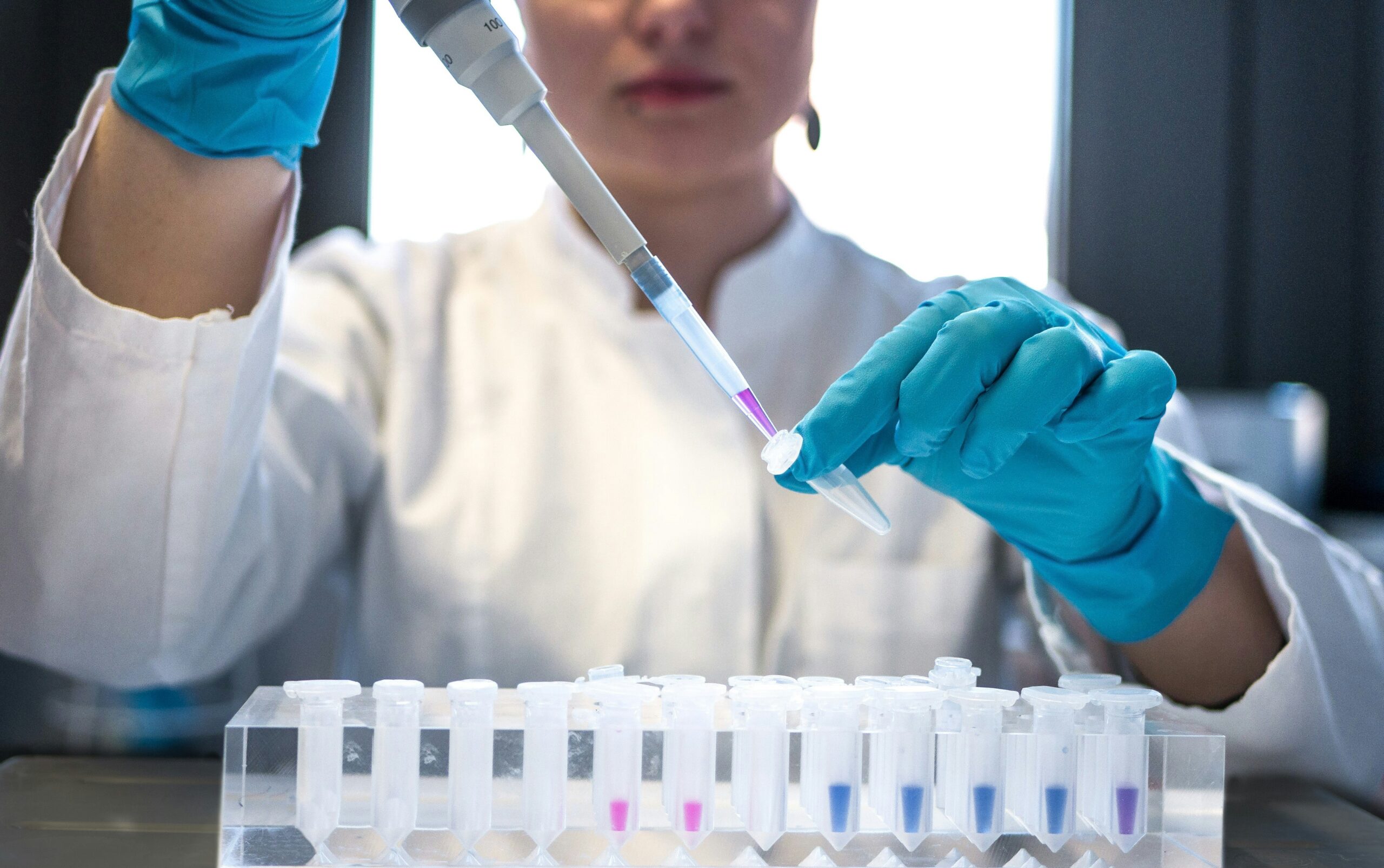
To treat Dengue Fever, doctors concentrate on lessening the potency of symptoms and assisting the body to compete with contamination. Since no specific antiviral medicine is available for Dengue Fever, our attention goes towards managing fever, lightening pain, and preventing dehydration in the organism. To treat Dengue Fever, it is best to rest in bed and drink lots of water to help the body heal and prevent more health difficulties.
Many individuals consume medications such as acetaminophen, which is also called paracetamol, to decrease fever and alleviate pain in their head and body muscles when suffering from Dengue Fever. However, it is decisive not to take non-steroidal anti-inflammatory drugs like ibuprofen or aspirin for inflammation because they can elevate the possibility of bleeding, a significant concern for those with severe forms of Dengue Fever.
Individuals with a severe form of Dengue Fever may require fluid administration via an IV![]() to maintain proper hydration and electrolyte balance, particularly if they experience vomiting, diarrhea, or plenteous fluid loss. Monitoring their liquid intake and output regularly, along with frequent checks on their vital signs, is crucial for adjusting the fluid therapy fruitfully and dodging complications such as fluid overload or shock.
to maintain proper hydration and electrolyte balance, particularly if they experience vomiting, diarrhea, or plenteous fluid loss. Monitoring their liquid intake and output regularly, along with frequent checks on their vital signs, is crucial for adjusting the fluid therapy fruitfully and dodging complications such as fluid overload or shock.
Sometimes, individuals with a dreadful variant of Dengue Fever may require hospitalization for charting and treatment by the medical best. It is particularly crucial for patients suffering from more severe conditions like Dengue Hemorrhagic Fever or Dengue Shock Syndrome, as these diseases pose significant health risks. In severe cases of Dengue Fever, patients may require a blood transfusion to compensate for blood loss and assist in clot formation.
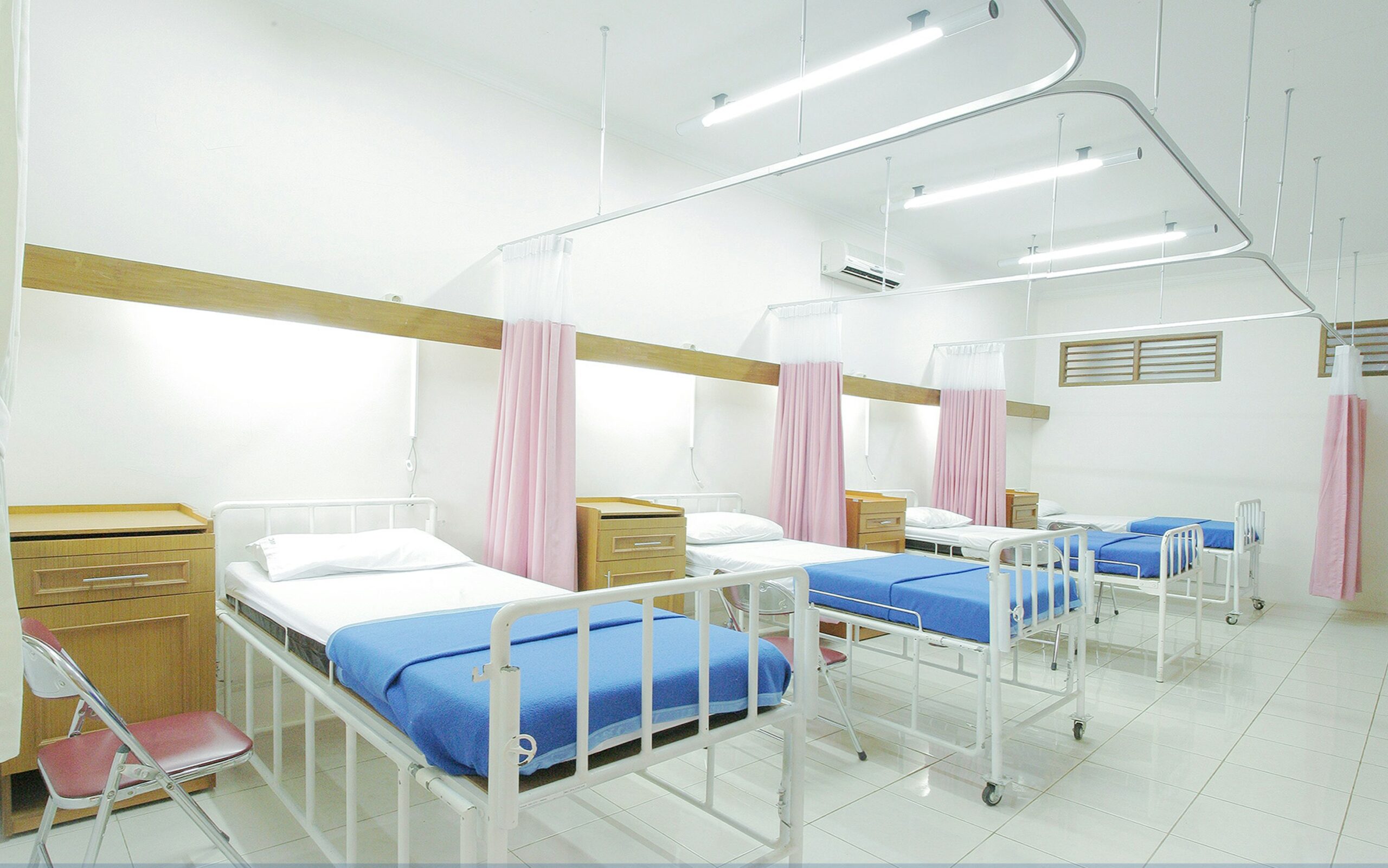
Recovery from Dengue Fever may vary depending on miscellaneous components, such as the person's general health, the severity of the indisposition, and how quickly they get medical aid.
Ordinarily, when the signs are not too critical, people can get better in approximately one or two weeks if they rest enough and receive the proper supportive treatment. When someone has a potent case of Dengue Fever, it can deteriorate and turn into issues like Dengue Hemorrhagic Fever or maybe even Dengue Shock Syndrome.
People with a severe Dengue Fever may be asked to stay in the hospital and get exceptional care so their case doesn't intensify. When dealing with solid cases of this sickness, it is key to track their heartbeat, how much water they have in their organisms, and whether their blood can clot as is due. Sometimes, it may be unavoidable to supply fluids via a vein and dynamically perform blood transfusions to replace lost fluids and control bleeding.
Table of Contents
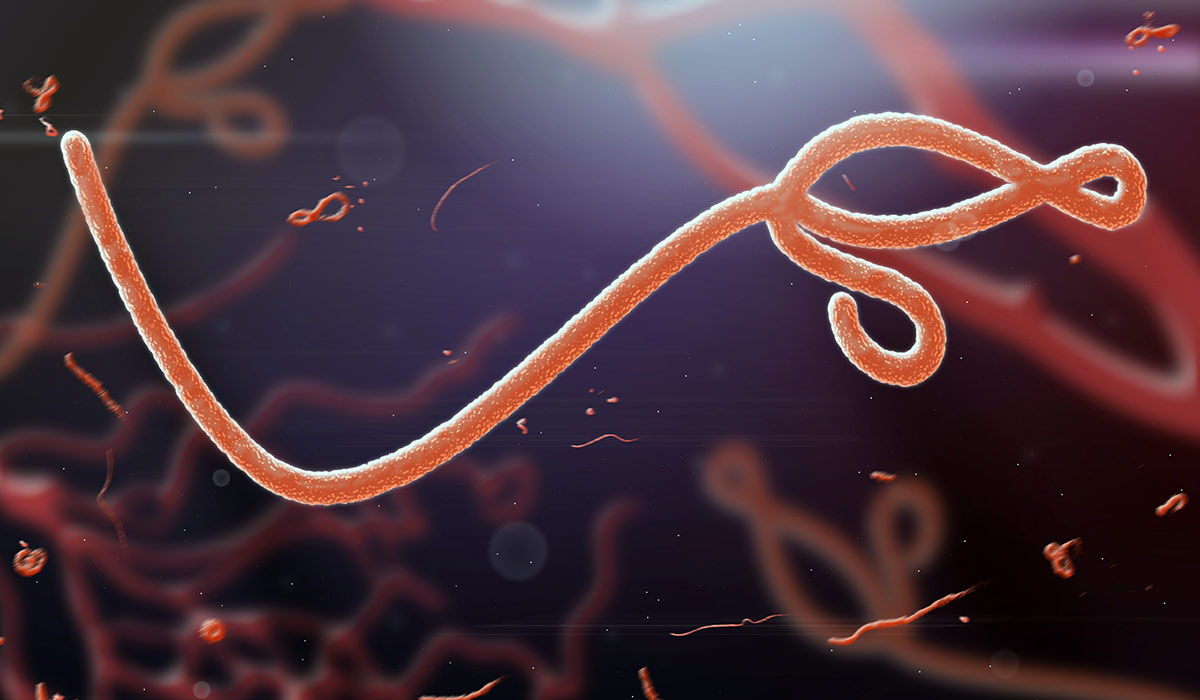
The Ebola virus continues to pose a threat to those living in Africa. Learn about the risks associated with Ebola… read more »
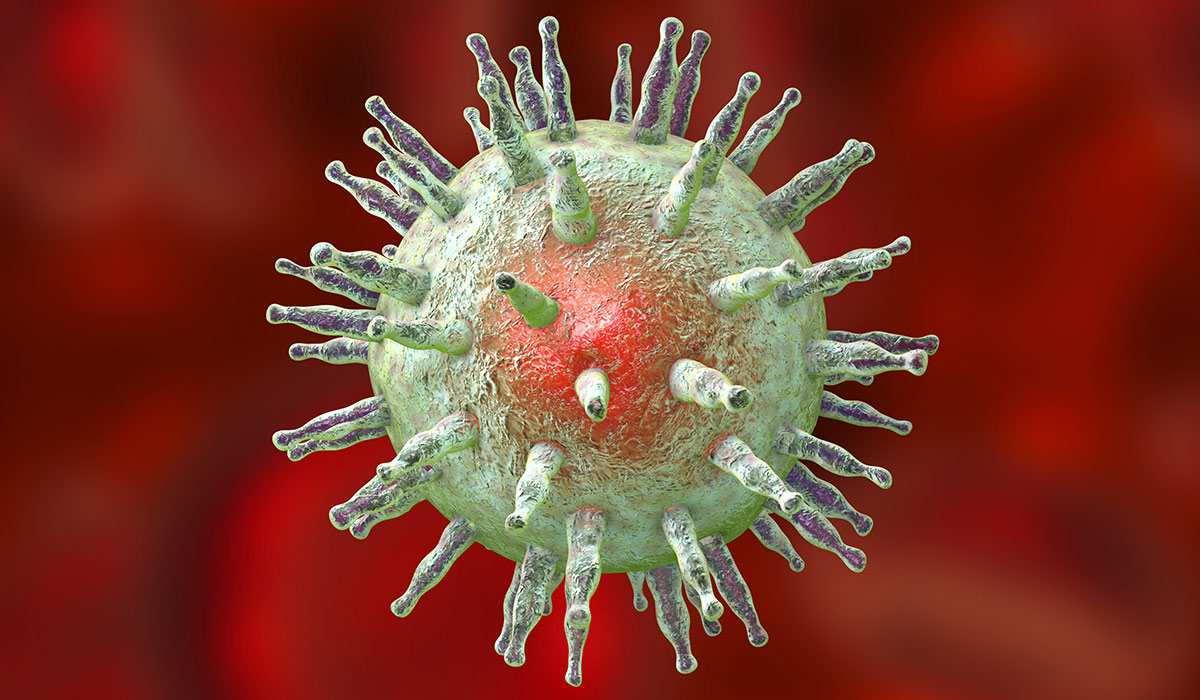
Epstein Barr Virus is a pathogen that causes infectious mononucleosis and many other diseases. Learn about the risks associated with… read more »

The term typhus encompasses three main types of typhus – epidemic typhus, endemic typhus, and scrub typhus. Each one of… read more »
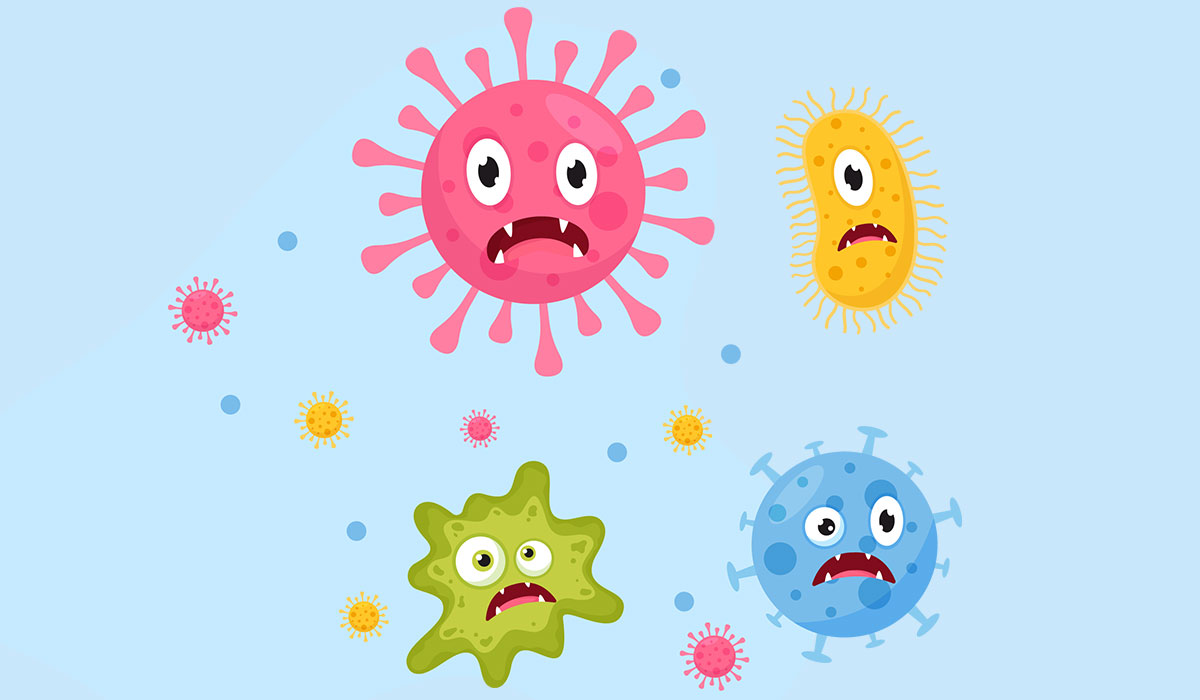
Viruses are microscopic infectious agents that can only replicate inside the living cells of a host organism. They are not… read more »
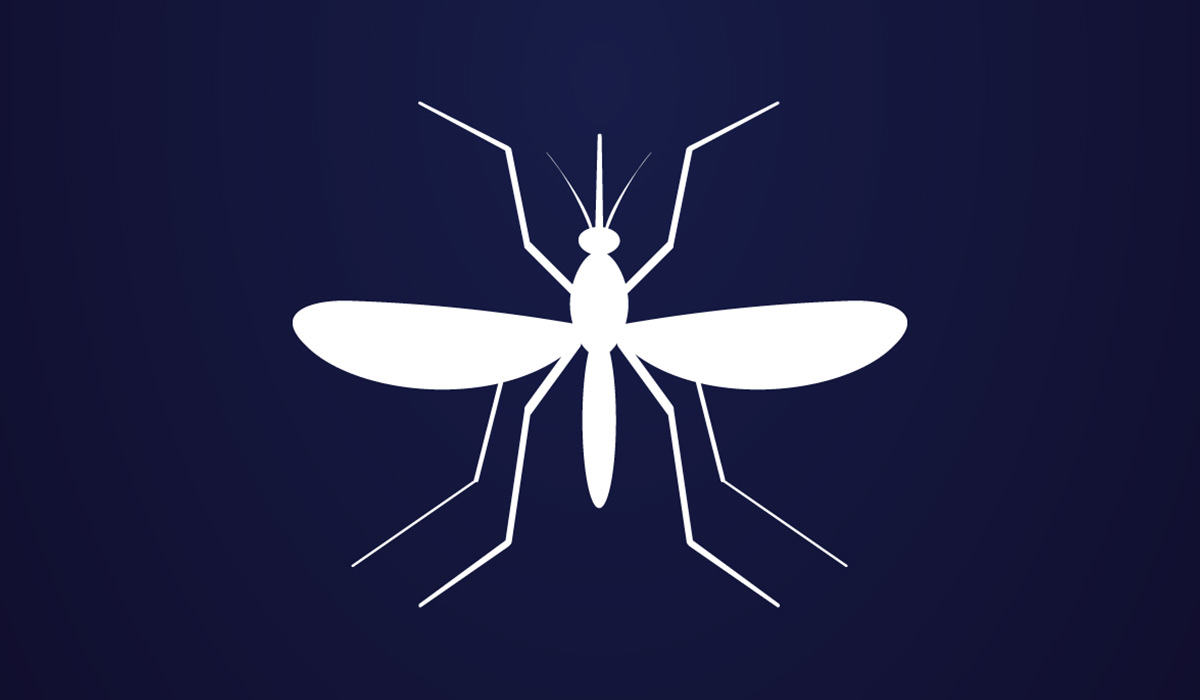
West Nile Virus is a threat not only to Africans. Fortunately, most patients pass the infection mildly, but there are… read more »

Herpes is a viral infectious disease that most often affects the lip area. Herpes virus infections are common. What does… read more »
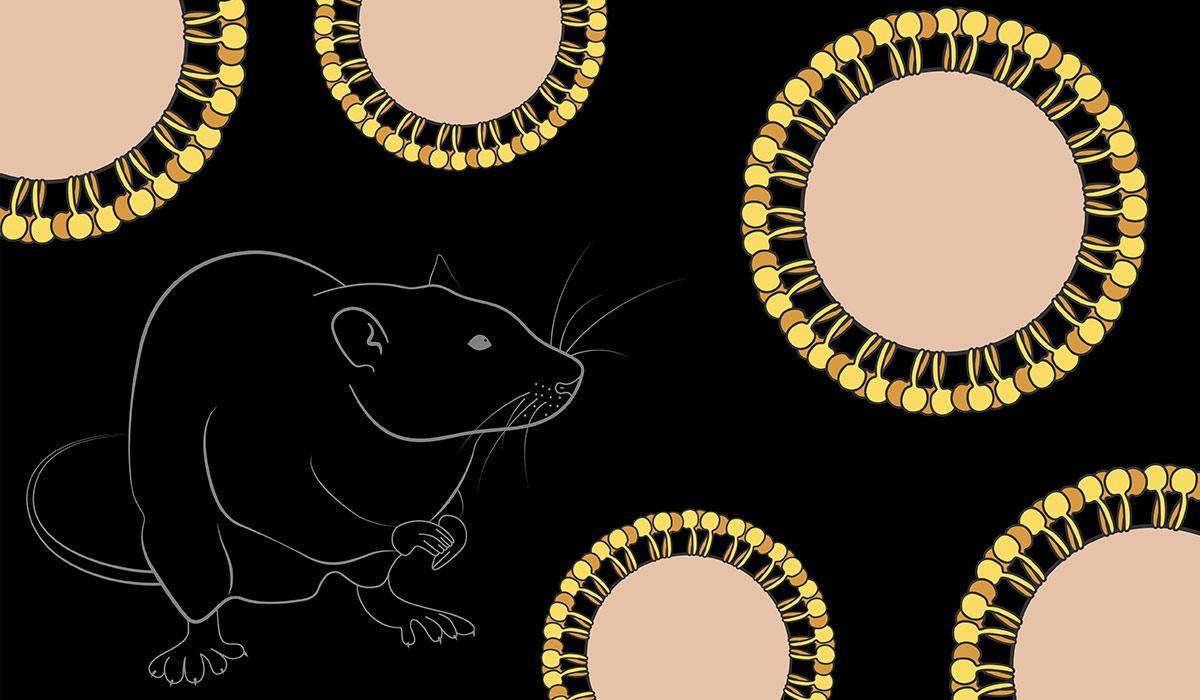
Hantavirus is a type of virus that causes hantavirus pulmonary syndrome (HPS) and hemorrhagic fever with renal syndrome (HFRS). HPS… read more »
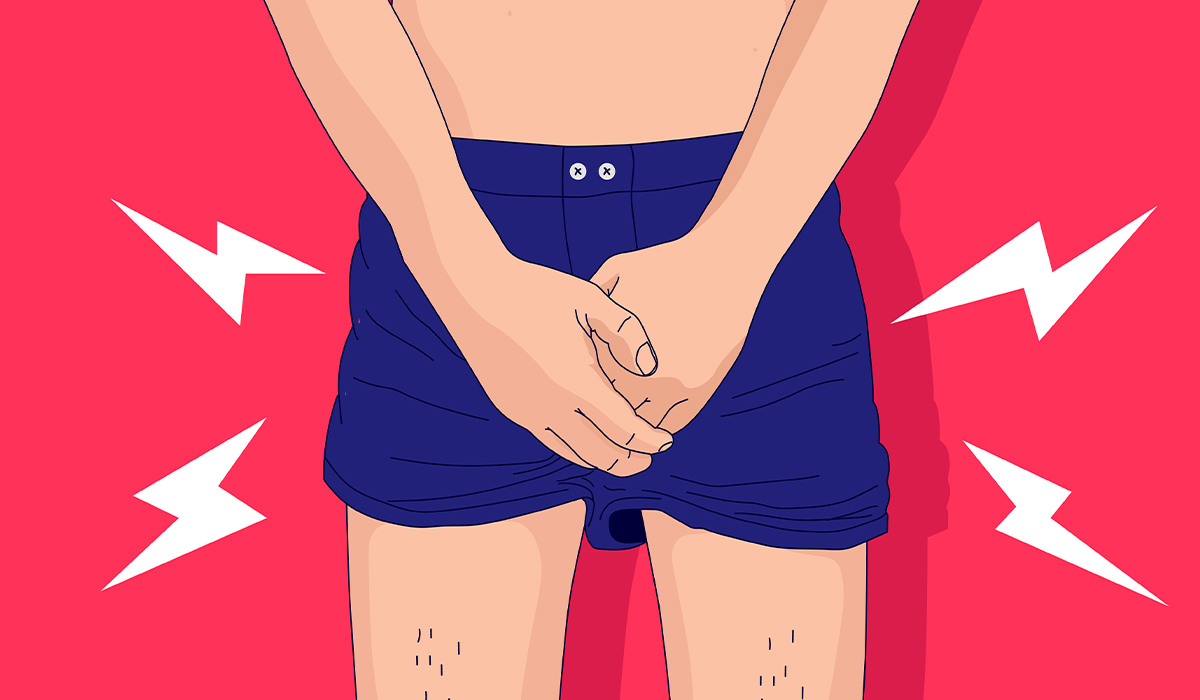
Genital herpes is a disease caused by the HSV herpes virus. What symptoms does it give? Check what treatment and… read more »
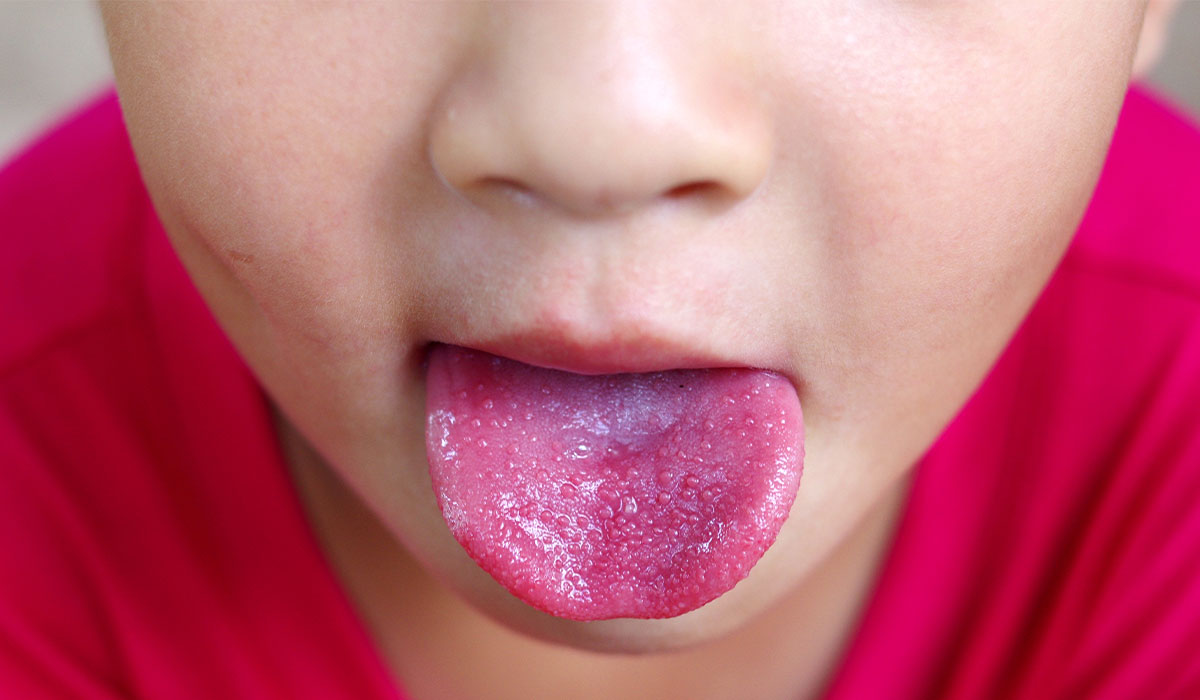
Scarlet fever is an infectious disease caused by bacteria. Infection most often occurs through droplets or contact with contaminated objects.… read more »